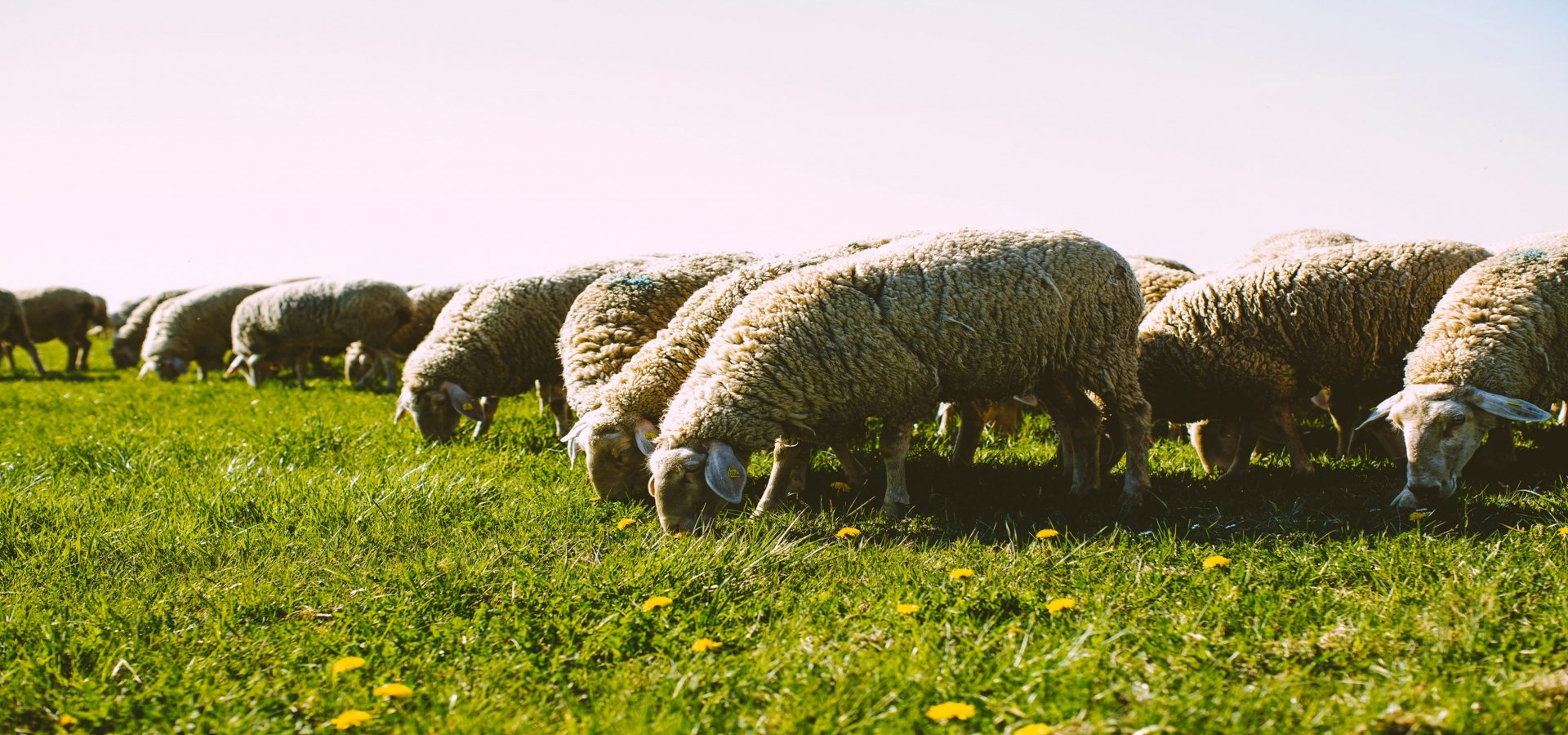When moving collectively, sheep democratically alternate their group leader, physics shows
Many studies describe the collective behavior in sheep flocks or schooling fish as a self-organized process where individuals continuously adapt their direction and speed to follow the motion and collective decisions of the group – as if the only leading force were the “collective brain” itself. This view, however, does not take into account that animals do not move continuously, or the possible hierarchies existing in many animal groups and the potential benefits of having a single individual lead the way.
Together with other researchers from the Université Côte d’Azur, Université de Toulouse, and CY Cergy Paris Université, SCIoI member Luis Gómez-Nava used physics to examine the intermittent collective movements of small flocks of sheep. As it turns out, the flock’s collective motion occurs in an intermittent and democratic way: when the sheep stop to feed or rest between one collective motion phase and the next, they randomly pick a new group leader for the next round of flocking, effectivelly transfering control to a new individual each time. This way, individuals take turns being leaders and the flock’s collective intelligence is achieved democratically, over many collective motion phases.





